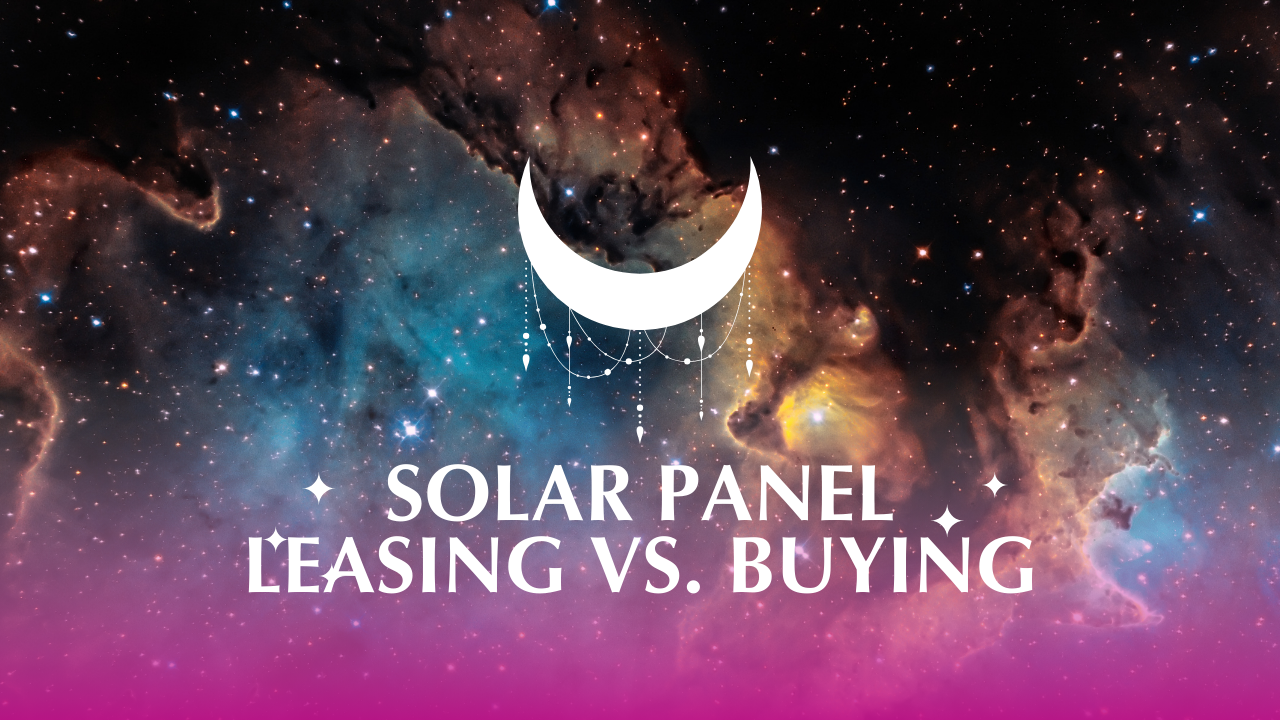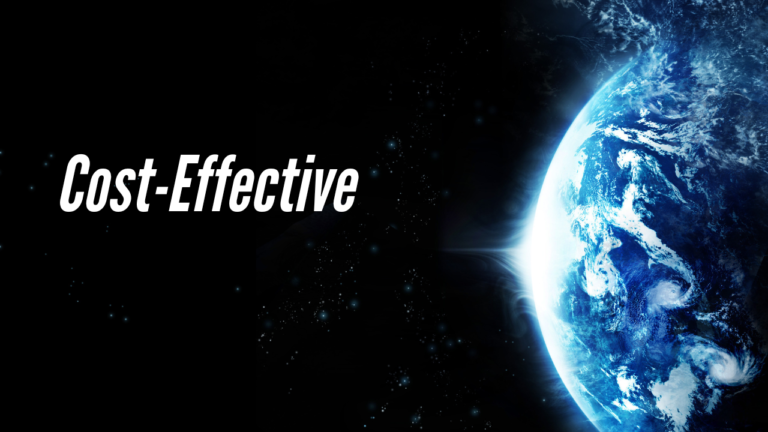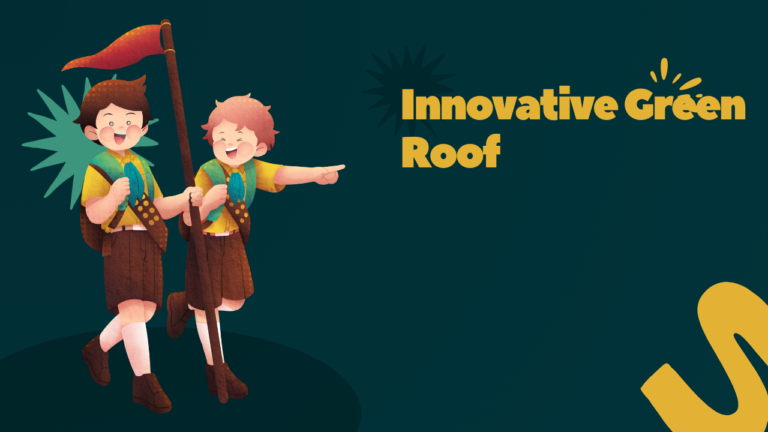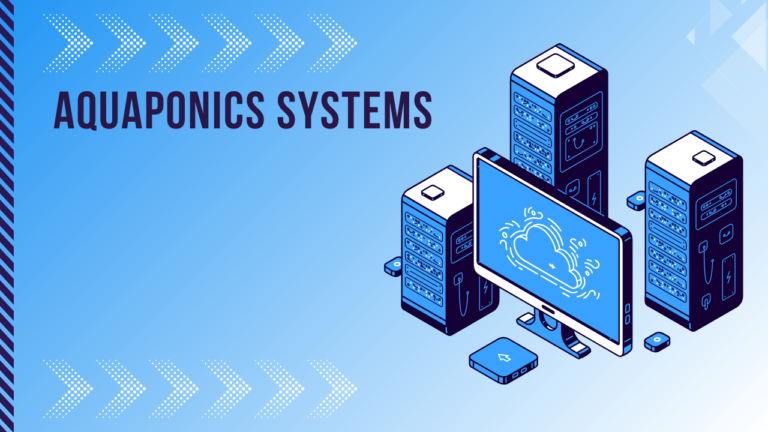Solar Panel Leasing vs. Buying: What’s Best for Urban Homeowners?
When considering solar energy for urban homes, one of the most critical decisions is whether to lease or buy the solar panels. This article explores Solar Panel Leasing vs. Buying: What’s Best for Urban Homeowners? We will delve into the advantages and disadvantages of each option, helping you determine the most suitable choice for your urban dwelling.
Understanding Solar Panel Leasing
Solar panel leasing involves entering into an agreement with a solar company that installs and maintains the solar panels on your property. You pay a fixed monthly fee for using the solar power generated by these panels. This option has become increasingly popular among urban homeowners due to its minimal upfront costs and ease of access.
Key Features of Solar Panel Leasing:
- No Upfront Costs: Leasing typically requires little to no initial investment.
- Maintenance and Repairs: The leasing company handles all maintenance and repair costs.
- Fixed Monthly Payments: You pay a predictable monthly fee, making budgeting easier.
- Short-Term Commitment: Leasing contracts can range from 10 to 20 years, offering flexibility for homeowners who may not stay in the same place long-term.
Advantages of Solar Panel Leasing
- Low Initial Investment: One of the most significant advantages of leasing is that it allows homeowners to install solar panels without the high upfront costs. This makes solar energy accessible to more people.
- Maintenance-Free: The leasing company is responsible for all maintenance and repairs, relieving homeowners of these duties and potential expenses.
- Predictable Costs: Leasing offers a predictable monthly payment, which can be easier to manage compared to fluctuating energy bills.
- Flexibility: For homeowners who might move within a few years, leasing offers a shorter commitment compared to buying.
Disadvantages of Solar Panel Leasing
- Long-Term Cost: Over the long term, leasing can be more expensive than buying, as you continue to make monthly payments for the duration of the lease.
- No Ownership: At the end of the lease, you do not own the solar panels, meaning you won’t benefit from their value if you sell your home.
- Potential Savings Limitations: The savings on your energy bills might be less compared to owning the panels outright, as a portion of the savings goes to the leasing company.
Understanding Solar Panel Buying
Buying solar panels involves purchasing and owning the solar energy system outright. This option requires a significant initial investment but can offer substantial long-term savings and benefits.
Key Features of Solar Panel Buying:
- Ownership: You own the solar panels and the energy they produce.
- Incentives and Rebates: Buyers can take advantage of federal, state, and local incentives and rebates.
- Increased Home Value: Owning solar panels can increase the resale value of your home.
- Long-Term Savings: After the initial investment is recouped, you can enjoy free or significantly reduced energy costs.
Advantages of Solar Panel Buying
- Long-Term Savings: Once the initial investment is paid off, the energy produced by your solar panels is essentially free, leading to significant long-term savings.
- Ownership Benefits: As the owner, you can take advantage of various incentives and rebates, and the panels can add value to your home.
- Greater Control: Owning your solar panels gives you more control over their use and maintenance.
- Potential Earnings: Some utility companies offer net metering, allowing you to sell excess energy back to the grid, providing an additional source of income.
Disadvantages of Solar Panel Buying
- High Upfront Costs: The initial investment required to buy solar panels can be substantial, which may be a barrier for some homeowners.
- Maintenance Responsibility: As the owner, you are responsible for all maintenance and repair costs, which can add up over time.
- Longer Payback Period: It may take several years to recoup the initial investment through energy savings.
Comparing Solar Panel Leasing vs. Buying: What’s Best for Urban Homeowners?
When deciding between leasing and buying, urban homeowners should consider several factors, including financial situation, length of stay, and personal preferences. Here’s a detailed comparison to help you make an informed decision:
1. Financial Considerations
- Leasing: Ideal for homeowners who prefer low upfront costs and predictable monthly payments. Leasing can be a financially viable option if you cannot afford the high initial investment of buying.
- Buying: Best for those who can afford the upfront costs and are looking for long-term savings. Ownership offers significant financial benefits over time through energy savings and potential incentives.
2. Length of Stay
- Leasing: More suitable for homeowners who plan to move within the next 10-20 years. Leasing offers flexibility with shorter-term contracts.
- Buying: Ideal for homeowners who plan to stay in their home long-term. The longer you stay, the more you benefit from the savings and the value added to your property.
3. Maintenance and Responsibility
- Leasing: All maintenance and repairs are handled by the leasing company, reducing the homeowner’s responsibilities and potential costs.
- Buying: Homeowners are responsible for all maintenance and repairs, which can be both a benefit and a drawback depending on your willingness to manage the system.
4. Control and Incentives
- Leasing: Limited control over the system, and you do not benefit directly from incentives and rebates.
- Buying: Full control over the system and direct access to all available incentives and rebates, which can significantly reduce the overall cost.
Final Thoughts
Deciding between solar panel leasing vs. buying: what’s best for urban homeowners? depends on your financial situation, how long you plan to stay in your home, and your willingness to take on maintenance responsibilities. Leasing offers an accessible way to enjoy solar energy with minimal upfront costs and hassle-free maintenance, making it a great option for those with shorter-term plans or limited funds. Buying, on the other hand, provides long-term financial benefits, increased home value, and greater control, making it the preferred choice for those who can afford the initial investment and plan to stay in their home for many years.
FAQs
1. What are the main differences between leasing and buying solar panels?
- Leasing involves paying a monthly fee to use solar panels installed and maintained by a leasing company, while buying involves purchasing the panels outright and owning the system.
2. Which option offers better long-term savings, leasing or buying?
- Buying typically offers better long-term savings as you can benefit from free or reduced energy costs after the initial investment is recouped. Leasing, while providing lower upfront costs, can be more expensive over time.
3. Can I still benefit from incentives and rebates if I lease solar panels?
- Generally, the leasing company benefits from the incentives and rebates. If you buy the panels, you can directly take advantage of these financial benefits.
4. How does solar panel leasing affect my property value?
- Leasing does not add value to your property since you do not own the panels. Buying and owning solar panels can increase your home’s value.
5. What should I consider when deciding between leasing and buying?
- Consider your financial situation, length of stay in your home, willingness to handle maintenance, and desire for long-term savings and property value increase when deciding between leasing and buying.
Choosing the right option between solar panel leasing vs. buying: what’s best for urban homeowners? is crucial for maximizing the benefits of solar energy while aligning with your personal and financial goals.





